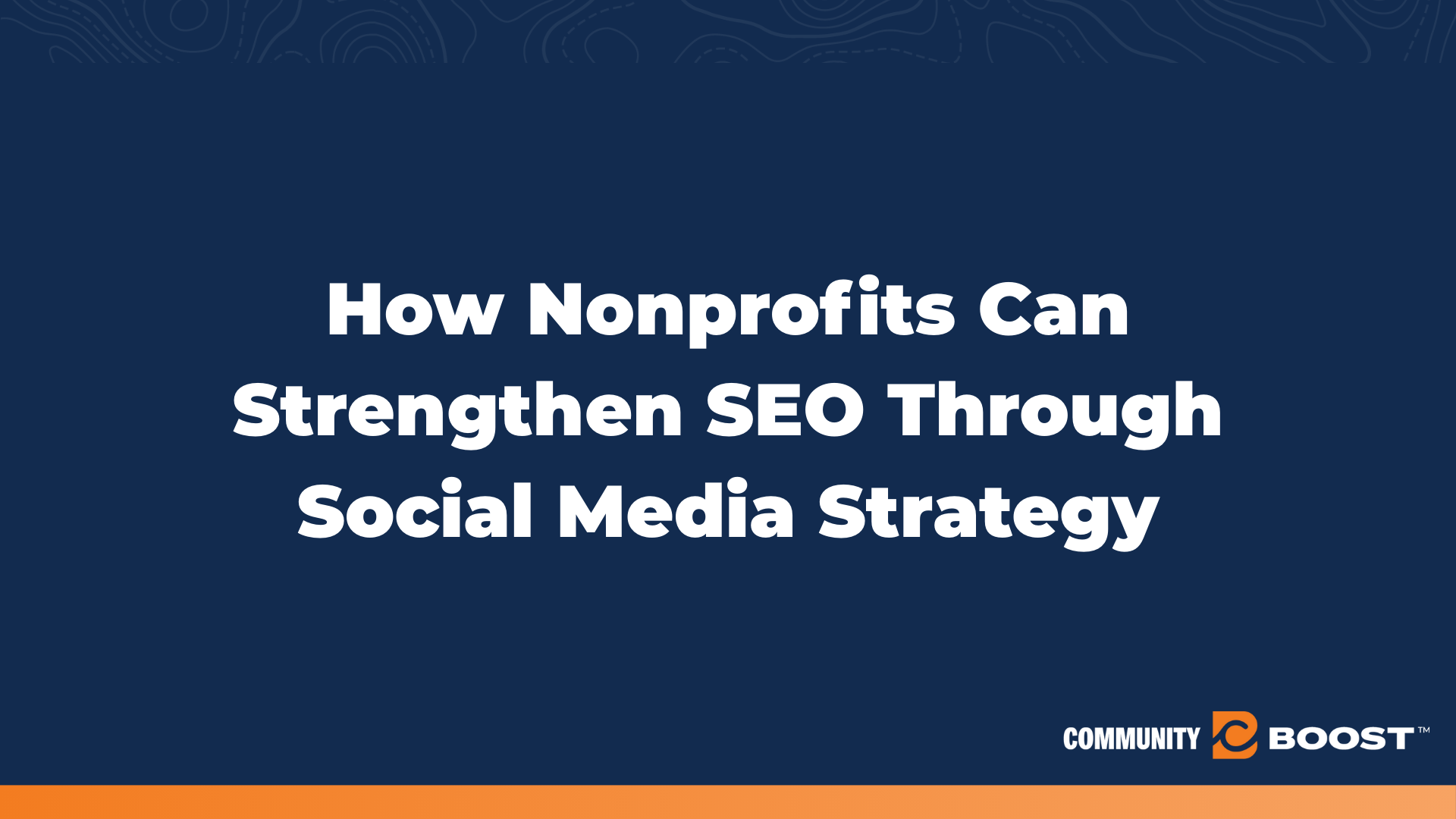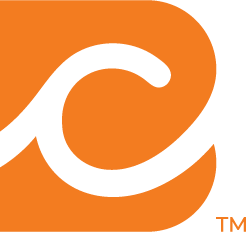Connect, Convert, Complete: Conversions API
3.2 min to read ✭ With iOS14’s updates in 2021, capturing that data for your nonprofit became more complex than ever. With Facebook’s Conversions API you can keep some of those direct data connections for your team.
Data from your organization’s Meta accounts are gold for updating and shifting marketing strategies over time. With iOS14’s updates in 2021, capturing that data for your nonprofit became more complex than ever. But Facebook’s Conversions API is designed to keep some of those direct data connections for your team.
Conversions API is a Facebook Business Tool that connects your marketing data and the systems which optimize ad targeting to measure results across Meta technologies, according to Meta. This blog will break down best practices, so your organization can optimize your Meta ad efforts.
What is Conversions API (CAPI)
Conversions API, also known as CAPI, connects marketing data, like those from events, and compiles that data on your organization’s server or website platform.
What data can we collect from Conversions API?
Conversions API allows organizations to share web and offline events, track actions of page visitors, and improve the measurement and performance of Facebook ad campaigns.
Why is it stored on our organization’s server and not on Meta?
Conversions API is considered “server-side” data. Storing the data via your website platform or server means marketing data can receive more attention for ad personalization, optimization and measurement. Short answer: Get in front of more people who are likely to interact with your organization and see your ads.
How does Conversions API improve Facebook ad campaigns?
Conversions API can improve campaigns by optimizing ads that may happen later in a donor or volunteer’s journey with your organization. It follows a volunteer or donor’s entire journey from discovering your ad to interacting on the page, which will provide critical offline data. It also will improve your ad targets, so your organization spends less per action.
Learn more about setting up Conversions API
What Is The Facebook Pixel?
Conversions API does not replace the use of Facebook Pixel — they work in tandem to gather the most data possible. Facebook Pixel is considered a “browser-side” tool where the data stays with the user’s browser.
What data can we collect from Facebook Pixel?
Facebook Pixel uses third-party cookies to share data back to Facebook from browser Pixel events. It gives your organization insight into user behavior because it tracks when people visit your website and how many were brought to the site via Facebook ads.
Landing page tracking allows organizations to ensure ads are shown to the right audience. For example, if someone visits a specific page on your website, it can create a particular audience to retarget them in future ad campaigns.
How do I install Facebook Pixel?
Facebook Pixel is installed directly onto your website or indirectly through Google Tag Manager. Learn more about how to install Facebook Pixel here.
Why do I need Conversions API in tandem with Facebook Pixel?
Browser ad blockers, cookie blockers, and other tools have cut the amount of data Facebook Pixel receives. In addition, as mentioned earlier, Apple’s iOS14 update created even more hurdles for data collection.
Differences and How Conversions API and FB Pixel Work Together To Build Accurate Data
Think of Conversions API and Facebook Pixel as a peanut butter and jelly sandwich. Conversions API is the peanut butter. It makes a good sandwich but lacks nuance. Facebook Pixel is the jelly that adds dimension.
How do the two work together?
- Conversions API will receive a unique ID for that person when someone interacts with a Facebook ad from your organization and send it to your server or website platform.
- Next, the server or web platform will track the person with that unique ID across different web pages. Then, it collects data on the action the user takes.
- The server or web platform then sends a signal to the Facebook ad manager, noting the action completed with the unique ID.
- When Facebook gets this signal or message, it notes if there was a parallel browser action, which would engage the Facebook Pixel. If the browser blocks a possible action because of an ad or cookies blocker, Facebook ads will default to the server or web platform data collection. If Facebook ads can access information from both Conversions API and Facebook Pixel, then both actions are noted in the ads platform.
- Short answer: Conversions API tracks data that users knowingly share, like making a donation or signing up to volunteer. Facebook Pixel can only collect data that meets privacy laws and complies with Apple’s iOS 14 updates. Using both captures more user data.
Here are some of our instructional guides to start your journey to enhance your user experience:





